IoT
Nesnelerin İnterneti (IoT) Nedir?
Nesnelerin İnterneti (IoT), fiziksel cihazların, araçların, ev aletlerinin ve diğer nesnelerin internet üzerinden birbirine ve sistemlere bağlanarak veri paylaşımı ve iletişimi sağlayan bir teknolojidir. IoT, enerji yönetimi, akıllı şehirler, tarım, otomotiv ve sağlık gibi sektörlere yayılarak verimlilik, sürdürülebilirlik ve yaşam kalitesinde önemli iyileştirmeler sunar. Bu teknoloji, milyarlarca cihazı bağlayarak süreçleri otomatikleştirir ve bilgi akışını sağlar.
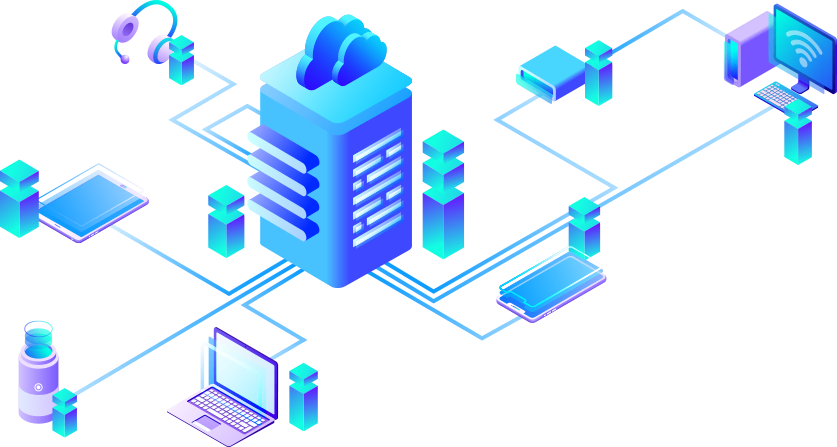

Nesnelerin İnterneti Kullanım Alanları Nelerdir?
Nesnelerin İnterneti (IoT) teknolojisi, birçok farklı sektörde kullanılarak yaşamlarımızı ve iş süreçlerimizi dönüştürmektedir. Bu yazıda, IoT'nin kullanım alanlarına odaklanarak Giyilebilir Nesneler, Akıllı Ev/Ofis Uygulamaları, Akıllı Şehir Uygulamaları, Otomotiv Uygulamaları, Akıllı Tarım ve Hayvancılık ve Sağlık alanı uygulamaları gibi kategorilere değineceğiz.
Giyilebilir Nesneler
Giyilebilir IoT cihazları, sağlık, spor ve yaşam kalitesini artırmak için kullanılır. Akıllı saatler, fitness takipçileri ve uyku izleme cihazları gibi teknolojiler, sağlıklı yaşam alışkanlıkları geliştirmeye yardımcı olur.

Akıllı Ev/Ofis Uygulamaları
IoT teknolojisi, akıllı ev ve ofis uygulamalarında enerji verimliliği, güvenlik ve konforu artırır. Akıllı termostatlar, aydınlatma sistemleri ve güvenlik cihazları kullanımı yaygınlaşmaktadır.

Akıllı Şehir Uygulamaları
IoT, akıllı şehirlerde trafik yönetimi, aydınlatma, atık yönetimi ve enerji dağıtımı gibi alanlarda kaynak kullanımını optimize eder ve yaşam kalitesini artırır.

Otomotiv Uygulamaları
IoT, otomotivde akıllı araçlarla trafik bilgisi, yakıt tüketimi ve arıza bildirimleri sağlar. Otonom sürüş teknolojileri, daha güvenli ve etkili hareket imkanı sunar.

Akıllı Tarım ve Hayvancılık
IoT, akıllı tarım ve hayvancılıkta verimliliği artırır. Toprak neminden hayvan sağlığına kadar geniş bir yelpazede veri toplar ve kaynak kullanımını optimize eder.

Sağlık Alanı Uygulamaları
IoT, sağlık alanında hastaların izlenmesi, ilaç uyumu ve teşhis süreçlerini iyileştirir. Uzaktan izleme ve veri toplama, tedavi yöntemlerini optimize eder.
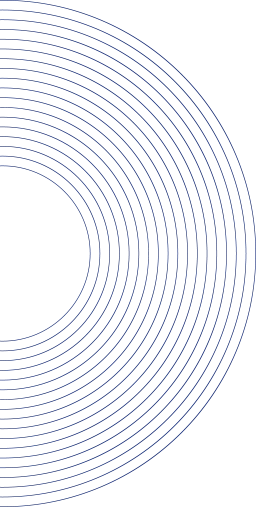
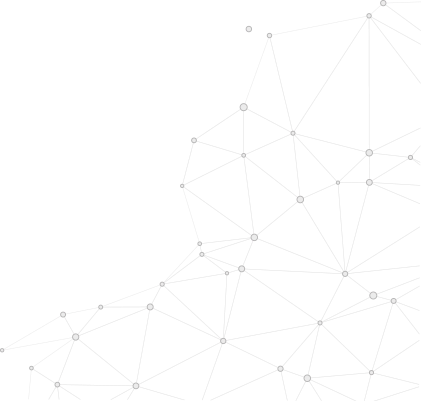
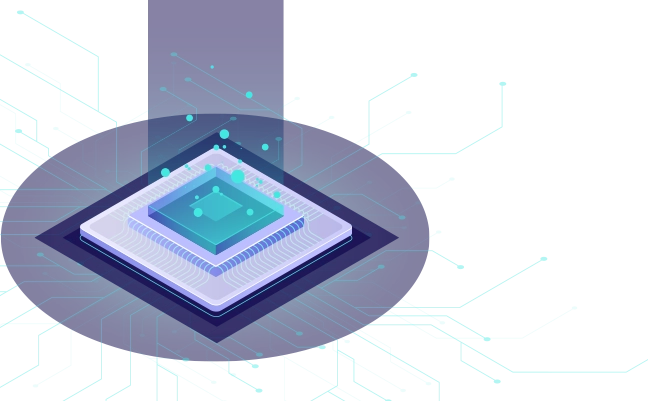
Nesnelerin İnterneti (IoT) teknolojisi, son yıllarda hızla gelişerek çeşitli sektörlere yayılmış ve entegre olmuştur. Perakende, sağlık, şehircilik, tarım, otomotiv ve konut gibi alanlarda etkisini gösteren IoT, milyarlarca cihazı bağlayarak enerji verimliliği, güvenlik ve yaşam kalitesinde önemli iyileştirmeler sağlamaktadır. Kablosuz iletişim ve veri analizi alanındaki gelişmeler, IoT'nin daha fazla kullanıcıya ulaşmasına ve potansiyelini göstermesine olanak tanımıştır.
We Always Try To Understand Users Expectation
Lorem ipsum dolor sit amet, consectetur adipiscing elit, sed do eiusmod tempor incididunt ut labore et dolore magna aliqua.
180K
Downloaded
20K
Feedback
500+
Workers
70+
Contributors
Have any question about us?
Don't hesitate to contact us
IoT'nin İşletmeler için Avantajları Nelerdir?
Verimlilik artışı
IoT cihazları, süreçleri otomatikleştirerek ve iş akışlarını optimize ederek işletmelerin verimliliğini artırır.
Maliyet azaltma
Enerji ve kaynak tüketimini izleyerek ve düşürerek, IoT işletmelerin maliyetlerini azaltmaya yardımcı olur.
Veri toplama ve analiz
IoT cihazları, işletmelerin gerçek zamanlı veri toplamasını ve analiz etmesini sağlar, böylece daha bilinçli kararlar alabilirler.
Tedarik zinciri optimizasyonu
IoT, tedarik zinciri yönetimini optimize ederek envanter takibini ve lojistik süreçlerini iyileştirir.
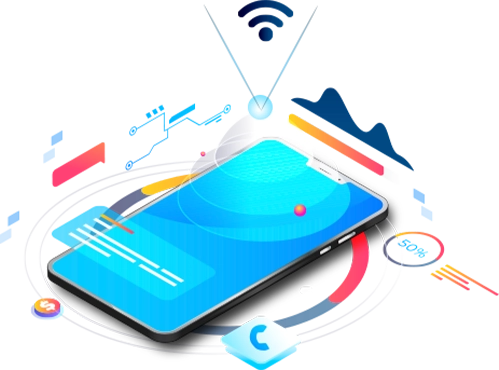
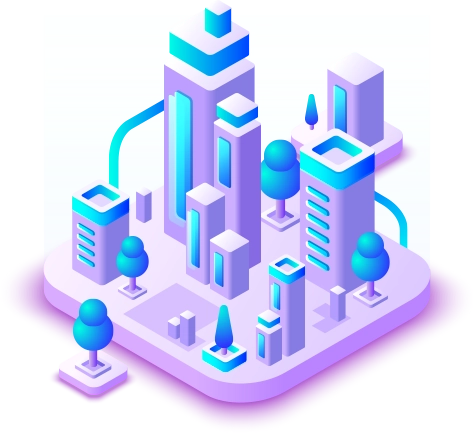
IoT Teknolojileri Nelerdir?
Sensörler ve Aktüatörler
İç ve dış ortamdan veri toplayan, harekete geçiren veya kontrol eden fiziksel bileşenlerdir. Sıcaklık, nem, basınç, hareket gibi değişkenleri ölçerler.
Bağlantı Teknolojileri
IoT cihazlarının birbirine ve merkezi sunuculara bağlanmasını sağlayan kablosuz ve kablolu ağ teknolojileridir. Wi-Fi, Bluetooth, Zigbee, LoRaWAN, 4G/5G gibi iletişim protokolleri kullanılır.
Ağ Geçitleri ve Köprüler
Farklı IoT cihazlarını ve protokollerini birbirine bağlayarak, veri akışını ve iletişimi sağlayan ara bileşenlerdir.
Neden Bizi Tercih Etmelisiniz?
Nitro Smart internet ağ altyapısı ve iletişim ile toplumu ve ekonomiyi donatmaya, bilgi ve medya paylaşımı hızını artırmaya devam ediyor.

Yüksek Teknoloji
Güçlü alt yapımız ve yenilikçi bakış açımız ile size çözüm sunuyoruz.

İş Güvenliği
Aldığınız hizmetler ve verileriniz tamamen güvenli ortamlarda saklanır.

Veri Analizi
İşlemleriniz ve verilerinizi kolaylıkla analiz edebilir dışarıya aktarabilirsiniz.













